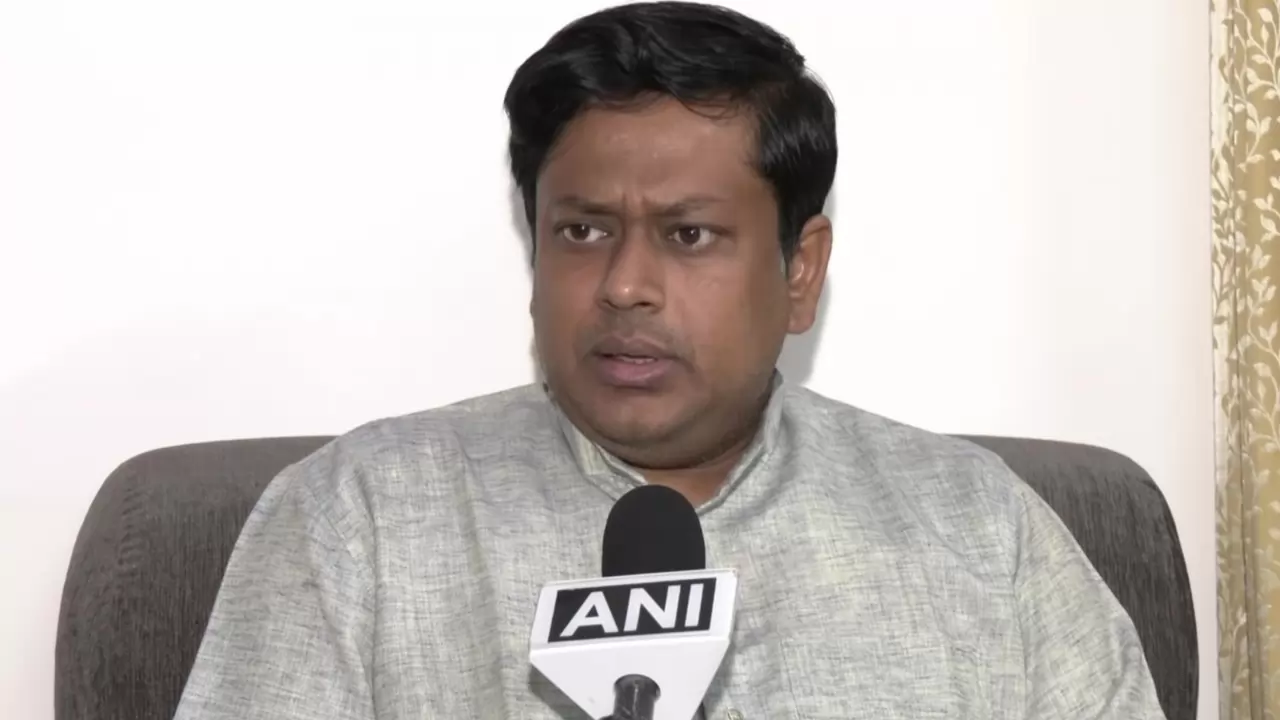
Sukanta Majumdar (ANI)
In a significant political development, Sukanta Majumdar, the President of the BJP in West Bengal and a Member of Parliament, has proposed the division of West Bengal to incorporate North Bengal into the neighbouring North East India. Majumdar announced today that he has formally submitted this proposal to Prime Minister Narendra Modi.
"I met the PM today and submitted a proposal to incorporate North Bengal with North East India. It is now up to the PM to decide on this matter. Integrating North Bengal with the North East could bring significant benefits from Central Government schemes," Majumdar stated.
He further emphasised that bifurcating West Bengal would ensure that North Bengal receives the focused attention it has lacked due to perceived neglect from the state government.
The proposal to separate North Bengal from the rest of West Bengal is not a new concept. North Bengal, which includes the districts of Darjeeling, Kalimpong, Jalpaiguri, Alipurduar, Cooch Behar, and parts of North Dinajpur, Malda, and South Dinajpur, has long been distinguished by its unique geographical, cultural, and economic characteristics. The region's history reflects a rich cultural tapestry influenced by its proximity to Nepal, Bhutan, and Bangladesh, and its diverse tribal and ethnic makeup.
During British colonial rule, North Bengal was administratively distinct from the rest of Bengal, a recognition of its unique attributes. Post-independence, the region's distinct needs and strategic importance—bordering several countries—led to periodic discussions about its autonomy.
In recent years, the demand for separate state or union territory status for North Bengal has resurfaced, driven by frustrations over alleged state government neglect. Advocates for the integration with the North East argue that it could lead to economic development, improved infrastructure, and more targeted governance through Central Government schemes designed for the North Eastern states.
Proponents of the bifurcation argue that the economic disparity between North and South Bengal is significant. Despite its rich natural resources, including tea gardens and forests, North Bengal has lagged in industrial development and infrastructure compared to South Bengal. Integrating with the North East, which benefits from special economic packages, could potentially address these developmental gaps, they argue.
Majumdar's proposal is likely to spark intense political debate. The ruling Trinamool Congress (TMC) in West Bengal has consistently opposed any moves to divide the state. Last year, the West Bengal Assembly passed a resolution rejecting proposals for bifurcation. State Municipal Affairs Minister Firhad Hakim criticised the BJP's efforts, attributing them to the RSS's longstanding opposition to Bengal's unity.
Given the stark north-south divide in the state, Majumdar's proposal is expected to face significant backlash from the TMC and other political entities opposed to the division of West Bengal.





Copyright © 2025 Top Indian News
